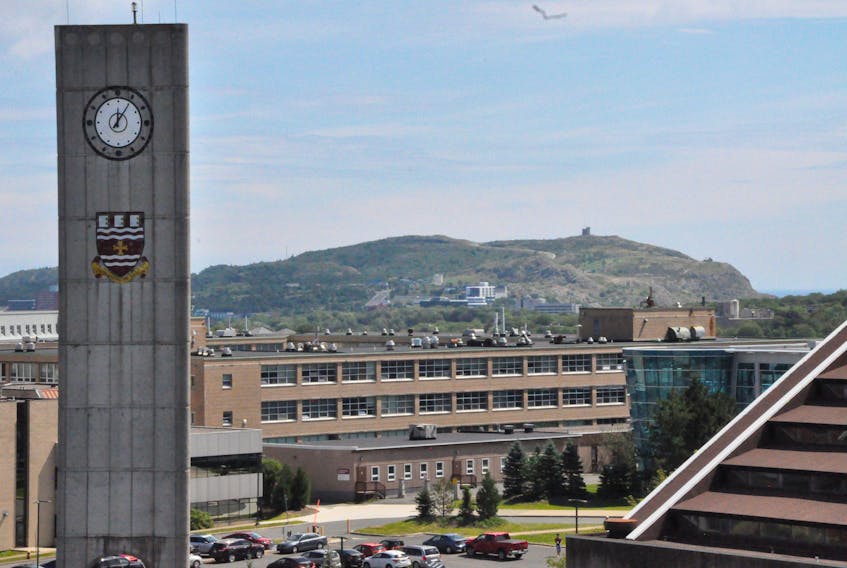Newfoundland and Labrador is rapidly losing its capacity to train highly qualified, effective problem solvers who make wide-ranging contributions to the economy and well-being of our province.
The newly announced budget cuts to Memorial University are yet another in a series of belt-tightening moves, the true cost of which runs deep in a province that is already struggling to innovate and address labour shortages in the tech fields in the face of economic slowdown. These cuts will have reverberating impacts throughout our province and should prompt outrage across the public, industry, and government.
In the Department of Geography at Memorial, these cuts have a direct effect on our ability to offer the range of academic programming that results in graduates that are in demand in the local job market. As a department, we brought in 2.4 million in research dollars in the 2018-2019 year alone, predominantly from outside of this province. For decades, our program has taught, researched, and served the province in geographic information sciences (GIS) and remote sensing. We have trained students who now play integral roles in provincial and federal governments, industry, and non-governmental organizations. The ongoing attrition resulting from the cutbacks is devastating. It means the loss of our diploma in GIS, which trains students to think critically and solve problems using a skill set with wide-ranging applications.
Those highly qualified students become workers that can use spatial analysis tools — skills that are in high demand in today’s labour market. Crucially, a research-based GIS education also trains workers to manipulate the tools themselves to solve problems that span fields from environmental impacts, health, natural resources, and community planning. Without program offerings in GIS and remote sensing, we not only risk losing potential local talent to programs elsewhere, but also endanger a wide-reaching range of established and burgeoning industries in Newfoundland and Labrador.
This budget will lead to the loss of informed public dialogue in our province on key issues related to GIS.
GIS and remote sensing specialists in geography at Memorial have made critical contributions in the areas of marine conservation and demographic analysis. Our GIS and remote-sensing faculty have also played a key role in understanding the growth of Newfoundland and Labrador’s population via the Vital Signs report, have provided expert testimony to Parliament on marine protected areas, and have used satellite imagery to monitor environmental change and hazards in the province.
Losing our GIS program means that we will not be able to train workers with the skill-sets that many Provincial government departments themselves rely on.
In other words, it means losing an important and direct link between Memorial University and the provincial labour market. For example, many of our graduates have gone on to work as GIS Analysts for the Department of Fisheries and Land Resources. As a senior provincial official has told us, the lack of trained GIS and remote sensing professionals would leave a void for employers in the province seeking these skills.
And it’s not only governments that will lose their talent pipelines. Many sectors in this province rely on workers with GIS skill sets.
Our program trains students for technology-based careers who now work in many fields, including aerospace, policing, mining, and informatics. GIS and remote sensing are fields that are only growing in their relevance, and yet they are collateral damage for a province seemingly determined to stunt not only the potential of the university but of its current and future students.
The problems our program is facing are just the tip of the iceberg; academic programs are at risk across the university.
Cuts to Memorial University mean long-term consequences for the well-being of Newfoundland and Labrador. We are committed to working all possible angles to save our GIS program, but we need help. We urgently need industry, government, and the public to help us advocate for the future of our Province.
Carissa Brown, associate professor, Julia Christensen, Canada Research Chair in Northern Governance and Public Policy, and Yolande Pottie-Sherman, assistant professor,
Memorial University








